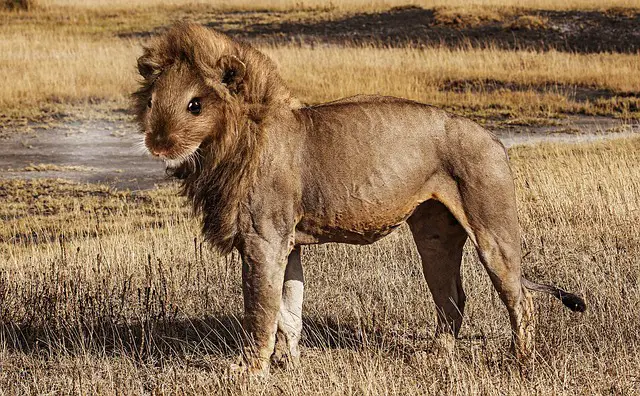Teeming with a diverse range of flora and fauna, a wildlife safari park allows us to journey into the habitats of many splendiferous creatures. It’s an opportunity to bridge the gap between mankind and nature, to reclaim that lost connection, and to step into a world where the untamed reigns supreme.
What is a Wildlife Safari Park?
Definitionally, a wildlife safari park, also known as a game reserve, is a large expanse of land where animals roam freely in their natural habitats. Visitors can observe these animals at close quarters, often from the safety of their vehicles. It’s like a zoo, but with a crucial difference: instead of animals adapting to human-made enclosures, it’s the humans who venture into the animals’ domain.
Are All Animals Visible in these Parks?
While it’s true that wildlife safari parks house a broad spectrum of species, observing all of them might not always be possible. Factors like the size of the park, the time of your visit, and even the weather can influence animal sightings.
What Does a Visit to a Wildlife Safari Park Offer?
Visiting a wildlife safari park is a unique experience. It’s not just about seeing animals; it’s about immersing oneself in their world.
Connection with Nature
Wildlife safari parks offer a unique opportunity to reconnect with nature. The rustle of leaves, the chirping of birds, the fresh scent of wildflowers, and the distant roars of predators – it’s a symphony that speaks to the primal heart of all of us.
Educational Insight
For the curious minds, these parks double as expansive outdoor classrooms. They offer a wealth of information about various animal species, their habits, diet, mating behaviors, and survival techniques.
Conservation Efforts
Most importantly, these parks play a vital role in wildlife conservation. They serve as safe havens for endangered species, helping maintain biological diversity and promoting ecological balance.
How to Make the Most of Your Wildlife Safari Park Visit?
The real charm of a wildlife safari park visit lies in its unpredictability. However, a few tips can ensure that you have an enriching experience.
Choose the Right Time
Early mornings and late afternoons, when animals are most active, are the best times for a safari.
Prepare Well
Carry essentials like binoculars, a comprehensive guidebook, and a camera. Dressing in muted colors that blend with the environment is also advisable.
Be Patient
Remember, you are in the animal’s turf; they won’t always come out just because you are there. Patience is key.
In Conclusion
A visit to a wildlife safari park is more than just a recreational activity; it’s a deep dive into the natural world, a journey of learning, and a tribute to the astounding diversity of our planet. Those who embark on this adventure come back with not just photographs, but cherished memories and a renewed respect for nature.
So, are you ready to explore the wilderness in the most authentic way possible? The wildlife safari park awaits you.




